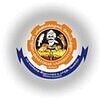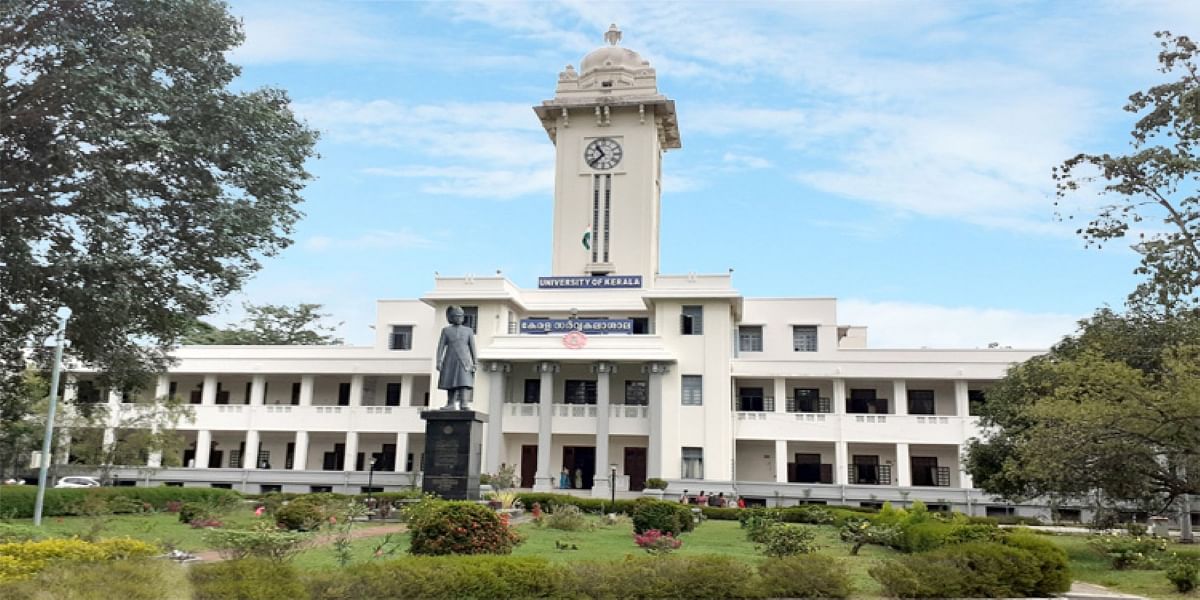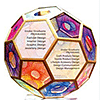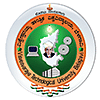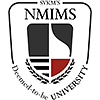M.Phil Mathematics Syllabus and Subjects

M.Phil Mathematics is a two-year postgraduate course in Mathematics and is divided into four semesters. The syllabus of M.Phil in Mathematics has both core and elective subjects as part of the curriculum. This course will cover the study of quantity, structure, space, and change. However, The subjects related to this course vary according to specializations and the institutes.
Semester Wise M.Phil Mathematics Syllabus
The syllabus for M.Phil in Mathematics covers everything from the philosophical foundation of the subject to arithmetic learning. M.Phil Mathematics course aims to ensure that the students get an in-depth understanding of the subject. The course aims to make sure that the students get important knowledge about the study of origin and development of the subject as well. Semester-wise M.Phil in Mathematics subjects list is given in the table below:
|
Semester I |
Semester II |
|
Philosophical Foundations of the Subject |
Advanced Research Methodology and Research in the Area of Study |
|
Analysis and Domain Study |
Elective Subject - I |
|
Study of Origin and Development of the Subject |
Study of Relative Discipline to the Subject of Study |
|
Semester III |
Semester IV |
|
Computer Applications in the Domain of the Subject |
Dissertation |
|
Viva- Voce Examination |
Elective Subject II |
|
Exercise/Practical Work |
|
M.Phil Mathematics Subjects
M.Phil topics that are below given are of every specialization the institutes have to offer to the students. The M.Phil syllabus of every specialization can also additionally have unique tenets of the direction information. However, the typical format of the M.Phil Mathematics syllabus for any specialization stays the same. Students can choose the M.Phil topics to provide a duration of four semesters to make the Master of Philosophy Syllabus very flexible. Here is the M.Phil subjects list:
- Family Studies
- Human Development
- Early Childhood Care and Education
- Research Methods and Statistics
- Community Psychology
- Child and Family Welfare
- Management Principles
- Understanding of Managerial Roles
- Review of Literature
- Human Resource Management
M.Phil Mathematics Course Structure
M.Phil Mathematics course structure includes both theory and practical papers, and is curated for two years divided into four semesters. The course structure is made in such a way that both classroom training and practicals are included in the course curriculum. The course structure is given below:
- Examination 1
- Theory and Internal Assessment
- Examination 2
- Dissertation and Viva-Voce
M.Phil Mathematics Teaching Methodology and Techniques
The course, M.Phil Mathematics curriculum takes into consideration different teaching techniques. Classroom learning includes practical sessions for students who are passionate about Mathematics. Here are the teaching methodology and strategies :
- Conceptualized Learning
- Traditional Classroom-Based Teaching
- Viva and Research
- Practicals
- Group Discussions
- Presentations
M.Phil Mathematics Projects
Projects and thesis are given to students to understand the concepts and help students in getting hands-on experience. Projects are to be completed by the end of the fourth semester. Some popular M.Phil project topics in mathematics are:
- Spin Waves.
- Modelling of Mass Transfer Processes in the RDC Column.
- Functional Integral in Mathematical Physics.
- Fuzzy Delay Differential Equations
M.Phil Mathematics Reference Books
M.Phil in Mathematics books are available both online and offline by many authors and publications. These books are made to gain an in-depth understanding of concepts. Books on this course differ according to specializations. Some of the reference books for the course in M.Phil in Mathematics are:
|
Name of the Books |
Authors |
|
Introduction to Analytic Number Theory |
Tom M. Apostol |
|
Introduction to Rings and Modules |
C. Musili |
|
Boundary-Layer Theory |
Dr. Hermann Schlichting |
|
Abstract Algebra, Wiley-Student Edition |
David S. Dummit and Richard M. Foote, |





